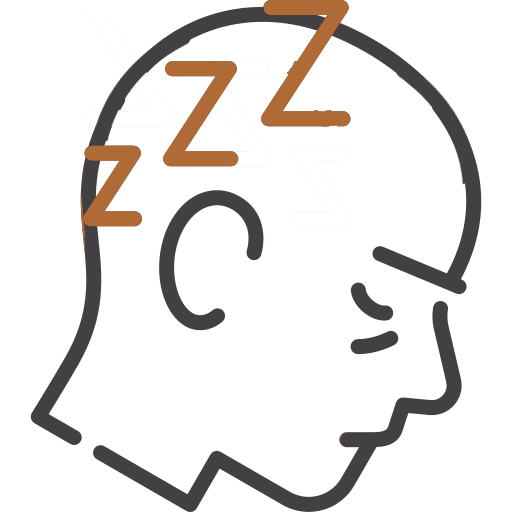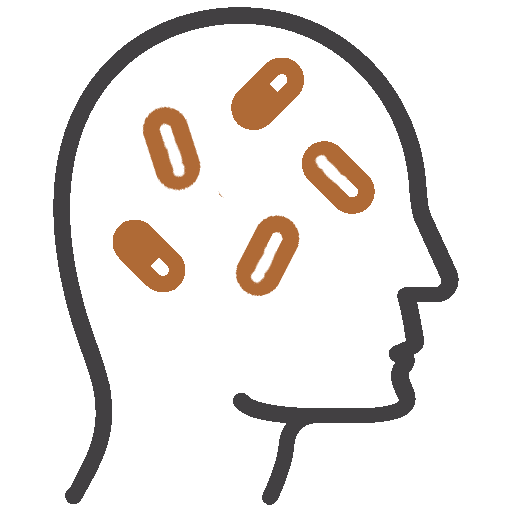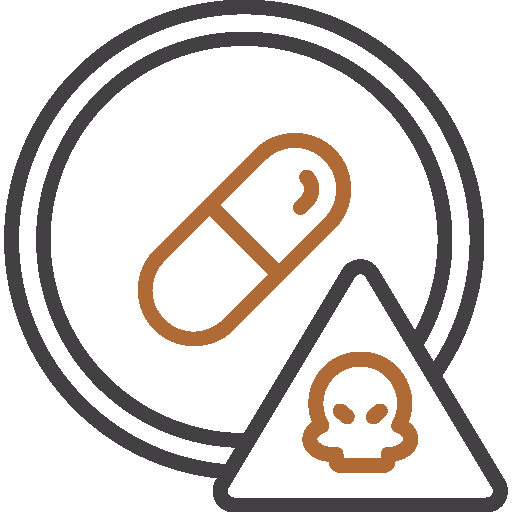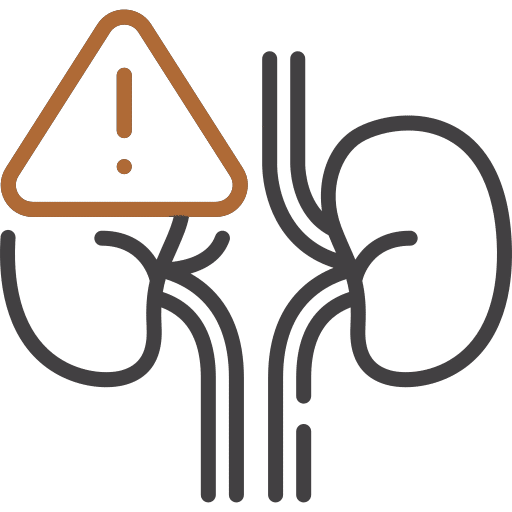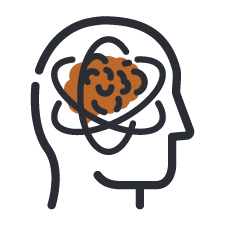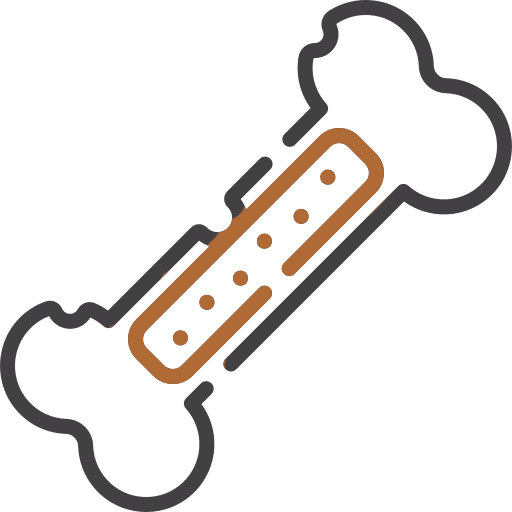Percocet, a potent painkiller comprising oxycodone and acetaminophen, has become a focal point in the ongoing battle against prescription drug abuse.
According to the Centers for Disease Control and Prevention (CDC), opioid-related deaths in the United States surged between 1990 and 2010, reaching a staggering 265% in men and 400% in women. The National Institute on Drug Abuse (NIDA) also revealed that opioid overdose claimed the lives of over 80,000 individuals in 2021 alone.
In this article, we will delve deeper into the side effects of Percocet, recognizing signs of addiction and understanding the potential consequences of abuse.




